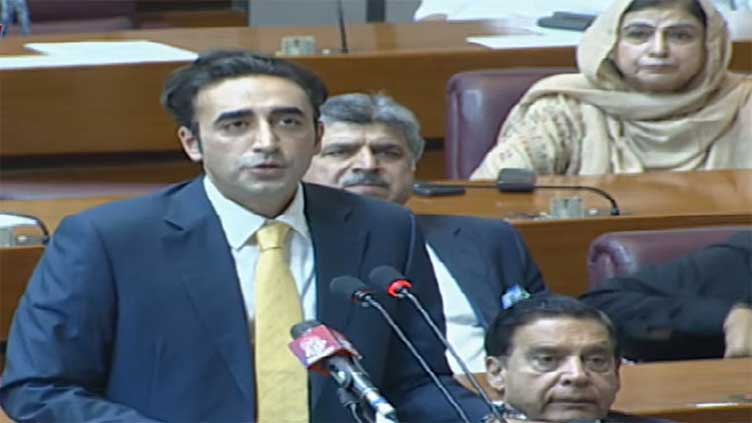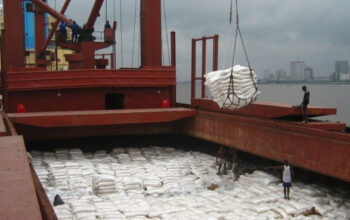By Staff Reporter
ISLAMABAD, Bilawal Bhutto-Zardari, a key coalition partner in Pakistan Muslim League Nawaz-led government, warned on Monday that the world’s silence on Israel’s aggression against Iran risks plunging humanity into a global conflict, urging swift international action as tensions escalate in the Middle East and South Asia.
In a fiery address to the National Assembly, the former foreign minister and Pakistan Peoples Party (PPP) chairman invoked Pastor Martin Niemöller’s post-World War II poem “First They Came” to underscore his point. Then they came for the Lebanese, but we did not speak out because we were not Lebanese. And then they came for the Yemenis, but we did not speak out because we’re not from Yemen.”
“Now, they’ve come for Iran. If we do not speak out, there will be no one left when they come for us. The Israeli regime’s aggression across the region must be stopped.”
Bhutto-Zardari cautioned that Israel’s “ever-expanding war,” which he called a “genocidal” campaign, could “drag everyone towards World War III.” “The Israeli regime’s aggression must be stopped,” he reiterated.
His remarks follow Israel’s recent strike on Iran and US attacks on Tehran’s nuclear facilities, amplifying unrest in the region. Closer to home, they come weeks after a brief but deadly clash with India, halted by a US-brokered ceasefire on May 10.
The Pakistan-India conflict erupted last month after an April 22 attack in occupied Kashmir’s Pahalgam region killed 26 tourists. India blamed Pakistan for the assault, a claim Islamabad denies, and launched missiles and drones strikes inside Pakistan.
Pakistan responded with Operation Bunyan-um-Marsoos, downing six Indian fighter jets, including three Rafales, and dozens of drones. The 87-hour standoff, the worst since 1999, killed over 70 people in missile, drone, and artillery exchanges.
“We defeated India on the battlefield, in diplomacy, and in the war of narratives,” Bhutto-Zardari told lawmakers, branding Indian prime minister “a cheap copy” of Israeli Prime Minister Benjamin Netanyahu.
He highlighted Pakistan’s recent diplomatic push, led by himself, to the United States and Europe, asserting that global support for Kashmir’s plight is growing.
“India has backed off from its claim that Kashmir is an internal matter,” he said. “We will continue our struggle and ensure justice is delivered to Kashmir”.
Water Dispute Threatens New War
At the heart of the latest Pakistan-India rift lies the Indus Waters Treaty (IWT), a 1960 World Bank-mediated pact governing the region’s vital rivers. The treaty grants Pakistan rights to the western rivers, Indus, Jhelum, and Chenab, while India controls the eastern rivers, Ravi, Beas, and Sutlej.
After the Kashmir attack, India suspended the agreement, with Interior Minister Amit Shah vowing Saturday to redirect water to Rajasthan. “Pakistan will be starved of water it has been getting unjustifiably,” Shah told the Times of India.
Bhutto-Zardari called India’s move “illegal” and a breach of the UN Charter. “The attack on Sindhu [Indus river] and India’s claim that the IWT has ended and it’s in abeyance, firstly, this is illegal, as the IWT is not in abeyance, it is binding on Pakistan and India but the threat itself of stopping water is illegal according to the UN charter.”
“If India violates the treaty and diverts rivers or builds dams, Pakistan will go to war,” he warned. “India has two options: share water fairly, or we will secure it from all six rivers.”
Pakistan, which relies on the Indus system for 80 percent of its farmland, sees any blockage as an “act of war” and is weighing a legal challenge.
Bhutto-Zardari also accused India and unnamed “facilitators within Pakistan” of trying to derail the country’s International Monetary Fund program, though he offered no specifics.
Copyright © 2021 Independent Pakistan | All rights reserved




